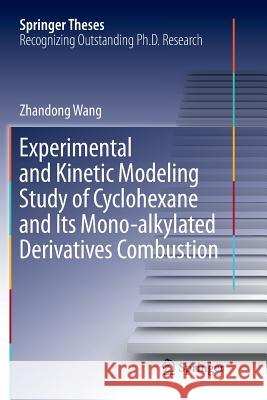Experimental and Kinetic Modeling Study of Cyclohexane and Its Mono-Alkylated Derivatives Combustion » książka
topmenu
Experimental and Kinetic Modeling Study of Cyclohexane and Its Mono-Alkylated Derivatives Combustion
ISBN-13: 9789811354649 / Angielski / Miękka / 2019 / 216 str.
Experimental and Kinetic Modeling Study of Cyclohexane and Its Mono-Alkylated Derivatives Combustion
ISBN-13: 9789811354649 / Angielski / Miękka / 2019 / 216 str.
cena 384,63 zł
(netto: 366,31 VAT: 5%)
Najniższa cena z 30 dni: 382,84 zł
(netto: 366,31 VAT: 5%)
Najniższa cena z 30 dni: 382,84 zł
Termin realizacji zamówienia:
ok. 20 dni roboczych.
ok. 20 dni roboczych.
Darmowa dostawa!
Kategorie:
Kategorie BISAC:
Wydawca:
Springer
Seria wydawnicza:
Język:
Angielski
ISBN-13:
9789811354649
Rok wydania:
2019
Wydanie:
Softcover Repri
Ilość stron:
216
Waga:
0.35 kg
Wymiary:
23.5 x 15.49 x 1.24
Oprawa:
Miękka
Wolumenów:
01
Dodatkowe informacje:
Wydanie ilustrowane











